THE AMERICAN HERITAGE SERIES follows the fictional Bloodsworth family from the 1770s through the 1860s, highlighting the history of the United States through three of its most formative eras.
BOOK 1, ADRIFT ON WINDS OF CHANGE documents the founding of our nation through the eyes of Elias Bloodsworth and his wife, Charlotte. They had created their own paradise on Bloodsworth Island in the Chesapeake Bay just prior to the American War of Independence, only to find themselves under attack by the infamous pirate and personal rival of Elias, Joseph Wheland, Jr.
During this dangerous time of intrigue, despite accusations of being a traitor, Elias Bloodsworth steps forward as a voice to the public through his letters to the editor, outlining the reasons why they must take the daring step of breaking away from Britain and forging their own nation. This novel chronicles the formation of the Republic, and the chaos, fear, and violence which erupt during this period of uncertainty. Under the flag of the Crown, men like Wheland could privateer without ramifications, legally continuing their ways of piracy and destruction.
If you haven’t read Book 1 yet, you can view it on Amazon: Adrift on Winds of Change: Colburn, Rebekah: 9798432175373: Amazon.com: Books
Book 2, DRIVEN BY THE PRAIRIE WIND, is told through the eyes of their great-grandchildren. Weaving two storylines together, I wanted to share the broader picture of Westward Expansion and its impact on the developing nation as well as those who originally inhabited the continent. While Risdon and Lucy share the excitement of new opportunities and the perils of the wagon trains, his cousin Jane and her Cherokee husband live the consequences of the ideology of Manifest Destiny as they are removed from their established home and forced to walk the Trail of Tears.
In the next book—yes, I am already writing Book 3!—I want to bring to life the more complex stories of the Civil War that have been lost to history. Although we like everything to be neat and simple and to fit into tidy boxes, real life isn't quite that way! In this novel, I wish to share the intricacies of the time period from the perspective of a Southern Maryland family.
Watch for BOOK 3, WOOED BY THE DIXIE WIND.
Through these fictional novels, I hope to share a new perspective on the history of our nation.

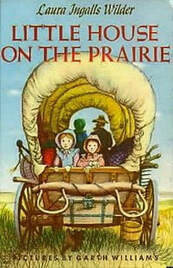
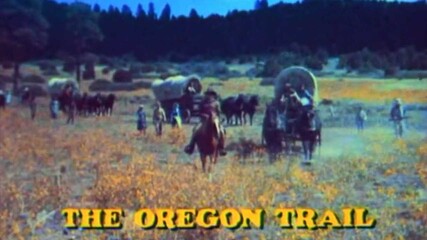
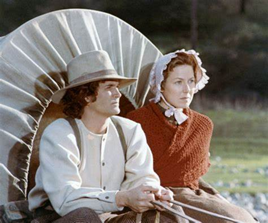
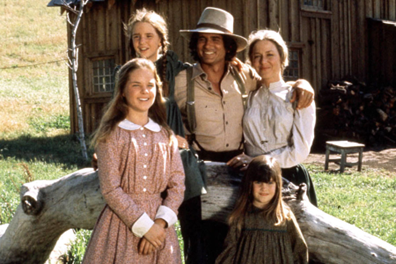
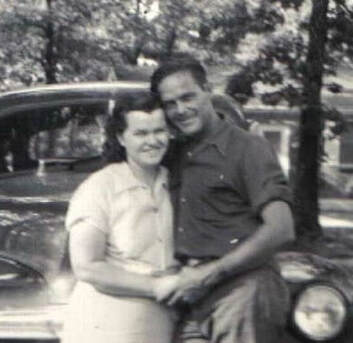
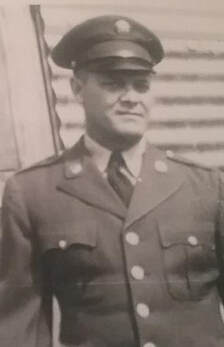

 RSS Feed
RSS Feed